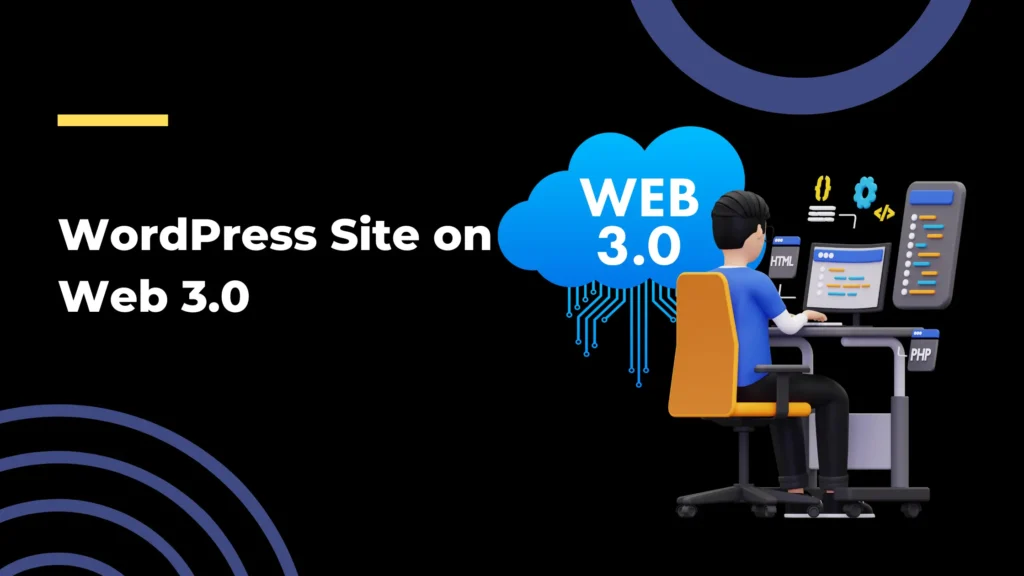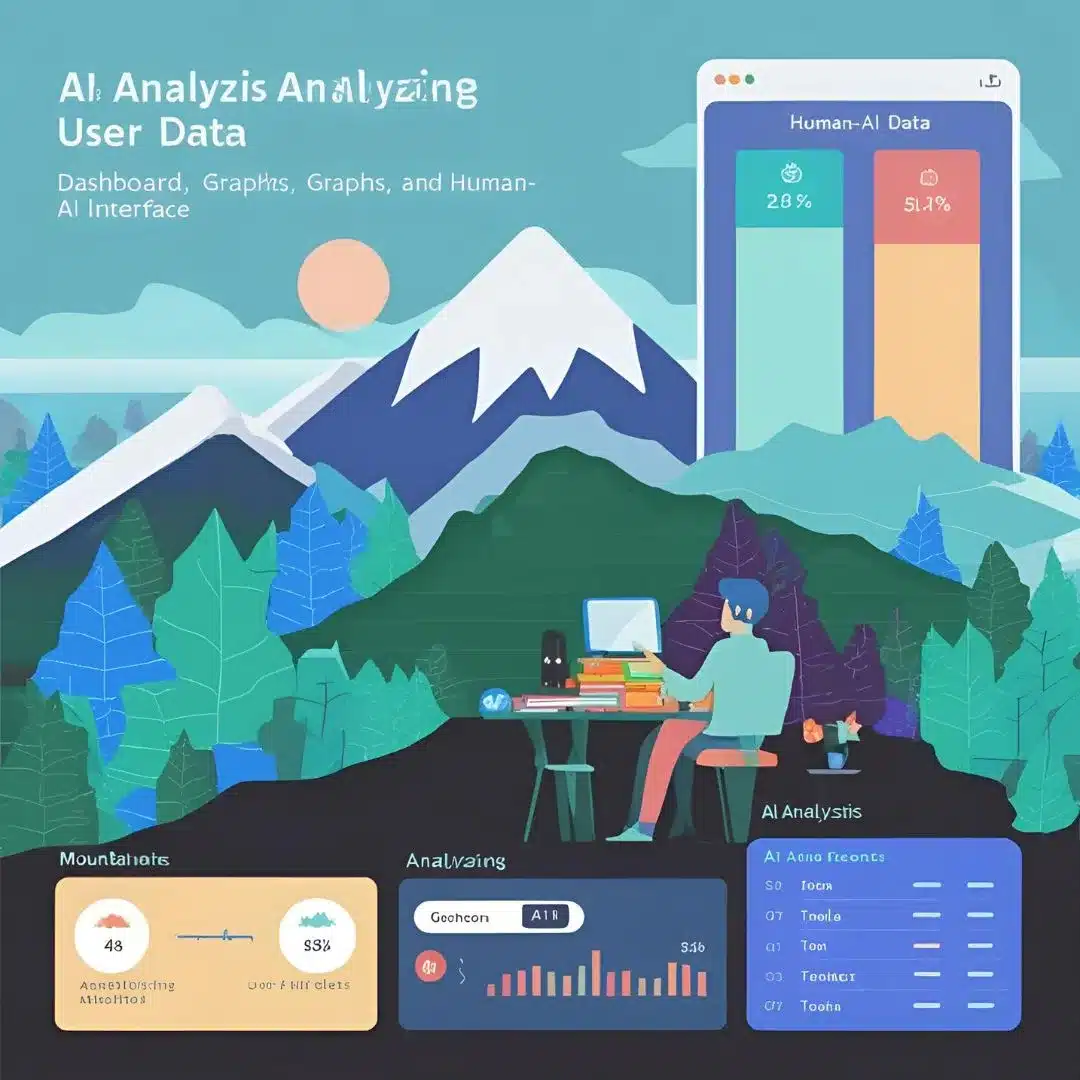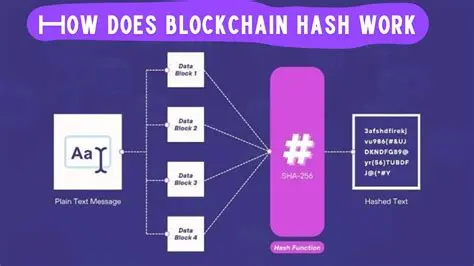We will define Web 3.0, discuss why it matters to WordPress users, and walk you through setting up and optimizing your WordPress website for Web 3.0 in this comprehensive guide. Now let us get started!

Table of Contents
ToggleWhat Is Web 3.0?
It is important to comprehend Web 3.0 as a concept before getting into the specifics of integrating it with WordPress.
The Web’s Development
- Web 1.0: Static pages and little user interaction dominated the early internet. The majority of websites were read-only, and users merely served as audience members.
- Web 2.0: This was the age of social media, blogs, and user-generated content on interactive websites like Facebook, YouTube, and Twitter. Web 2.0 is all about user-website interaction, sharing, and collaboration.
- Web 3.0: Decentralising control is the goal of Web 3.0. It gives consumers more control over their data, assets, and interactions by utilising peer-to-peer networks, decentralized storage, and blockchain technology.
Core Concepts of Web 3.0
Web 3.0 is based on four essential pillars: smart contracts, blockchain technology, decentralization, and decentralized apps (dApps). These components promote transparency, security, and autonomy by transferring power from centralized authorities to users.
Why Web 3.0 Matters for WordPress Users
Web 3.0 offers numerous chances to improve user experience and website functionality for WordPress website owners.
Ownership and Control of Data
The majority of Web 2.0 websites gather user information and keep it on centralised servers. These centralised systems are frequently open to misuse, censorship, and data breaches. Web 3.0’s decentralisation guarantees users’ ownership of their data, enhancing the security and transparency of your WordPress website.
Related reading: Create an NFT Marketplace Using WordPress Plugins
Increased Security and Privacy
Every website owner is very concerned about security. Because Web 3.0 is decentralised, data is stored across several nodes, which increases the difficulty of system breaches by hackers. Blockchain technology also makes sure that data transfers and transactions are traceable, safe, and encrypted.
Enhanced User Interaction
With the introduction of Web 3.0, users and websites can interact more dynamically thanks to the usage of smart contracts and decentralised applications (dApps). For example, you can enable direct Bitcoin payments or decentralised identity verification on your WordPress website with Web 3.0.
Preparing Your WordPress Site for Web 3.0
Prior to getting started, you must ensure that your WordPress website is ready for Web 3.0. This section will walk you through the necessary steps.
Selecting a Decentralised Hosting Provider:
Decentralising your hosting infrastructure is necessary to host your WordPress website on Web 3.0. Some popular options are:
- IPFS (InterPlanetary File System): The InterPlanetary File System, or IPFS, is a peer-to-peer network that distributes and stores hypermedia. It enables you to host your website on several nodes, increasing robustness and uptime.
- Filecoin: Filecoin is a decentralised storage network built on IPFS that incentivizes users to rent out unused storage space. It is a great option for securely storing data.
- Skynet: Another decentralised storage platform, Skynet enables websites and applications to function well without relying on centralised servers.
Integrating Blockchain Solutions
Web 3.0 is based on blockchain technology. Web 3.0 WordPress sites can benefit from blockchain integration for improved security, payment processing, and data storage. Data security, immutability, and transparency are guaranteed by blockchain.
Pro Tip: To improve the blockchain-based security of your website, think about using plugins like Shield Security.
Selecting a Web 3.0-Compatible Theme
Choose a WordPress theme that is Web 3.0-compatible to make sure your website is prepared for Web 3.0. These themes are intended to be responsive, safe, and light-weight. Web 3.0 WordPress sites require themes that manage decentralised technologies, load rapidly, and provide flexibility for Web 3.0 features like smart contract integrations and Bitcoin payments.
Best Plugins for WordPress Sites on Web 3.0
The vast plugin library of WordPress is among its best features. In order to create a completely effective WordPress website on Web 3.0, you need think about utilizing the following crucial plugins:
1. Cryptocurrency Payment Gateways
A Web 3.0 website’s acceptance of Bitcoin payments is one of its main features. Allow your users to make payments using Bitcoin, Ethereum, or other cryptocurrencies by integrating these plugins:
- CoinGate: Allows you to take payments in a variety of cryptocurrencies on your Web 3.0 WordPress website.
- NOWPayments: An additional cryptocurrency payment gateway that lets you easily accept more than 50 different cryptocurrencies.
Related Reading: Best WordPress Plugins for Cryptocurrency Payments Integration
2. Decentralised Identity (DID) Plugins
With decentralised identity (DID), visitors can access your WordPress website without requiring centralised login credentials from sites like Facebook or Google. This enhances privacy and security further. Plugins that are widely used include:
- Decentralised identity authentication is offered by Blockstack.
- Users can manage their data and identities across several platforms with Sovrin.
3. Blockchain Security Plugins
Blockchain technology can greatly increase the security of your website. Blockchain’s traceability and transparency are leveraged by plugins such as BitGo and Shield Security to guard your website against hacking attempts and unwanted access.
How to Transition from Web 2.0 to Web 3.0 on WordPress
It is not as hard as you may imagine to convert an existing WordPress website from Web 2.0 to Web 3.0. The steps to make the change are as follows:
Data Migration to Distributed Storage
Transferring your data to decentralised storage systems is the first stage in the Web 3.0 shift. Your website’s data is stored among numerous nodes using decentralised platforms like IPFS or Arweave, which increases security and resistance to censorship.
Related Reading: Top 5 Lightweight WordPress Themes for Faster Website Load Time
Using Smart Contracts for Transactions
Agreements can be automatically executed via smart contracts. For instance, you can use smart contracts to manage subscriptions, process refunds, and automate transactions if you have an e-commerce store on your WordPress website that uses Web 3.0.
Managing Digital Assets on WordPress
Digital assets like NFTs (non-fungible tokens) and tokens that can be used for transactions or digital memberships are also introduced by Web 3.0. For WordPress websites, utilise plugins such as OpenSea or NFT Marketplace to organise and present these resources.
Challenges of Launching a WordPress Site on Web 3.0
Web 3.0 offers many interesting new features and potential, but before building a WordPress site on Web 3.0, it is important to know the difficulties that lie ahead.
Restricted Plugins and Tools
Since Web 3.0 is still in its infancy, not all conventional WordPress themes or plugins are suitable for decentralised systems. But every day, new instruments for closing this gap are being developed.
Blockchain Integration Learning Curve
It can be difficult to comprehend and incorporate blockchain technology into a WordPress website. Understanding decentralised storage, smart contracts, and bitcoin payments involves a learning curve. Nevertheless, these difficulties will get easier to overcome when additional guides and plugins become available.
Future of WordPress on Web 3.0
WordPress development in the future will be increasingly influenced by Web 3.0 as the internet keeps developing. What Web 3.0 has in store for your WordPress website is as follows:
How WordPress Development Will Be Shaped by Web 3.0
Websites will become more dynamic, safe, and user-friendly with Web 3.0. More decentralisation will result in more user-controlled data and increased trust between website owners and users. This change will necessitate the creation of new themes, plugins, and tools by WordPress developers especially for decentralised apps, blockchain, and smart contracts.
Forecasts for WordPress and Web 3.0
Expect WordPress to completely adopt Web 3.0 in the upcoming years, with themes and plugins made especially to manage decentralised websites. The goal of developers will be to improve blockchain technology’s
Conclusion: WordPress Site on Web 3.0
Web 3.0 is the next phase of the internet’s development, not merely a catchphrase. Embracing this new era means that WordPress site owners may offer advanced features like decentralised identity verification and cryptocurrency payments, as well as greater protection and control over their data.
Although setting up your WordPress website for Web 3.0 may seem difficult at first, with the correct tools, plugins, and techniques, you can future-proof your website for the web’s next generation.
Utilising decentralised hosting, smart contracts, and blockchain technologies will help you keep your WordPress website on Web 3.0 ahead of the curve and provide your users with an innovative experience.
Related Reading: How to Build a Membership Site with WordPress
References:
Checkout some new blogs:



